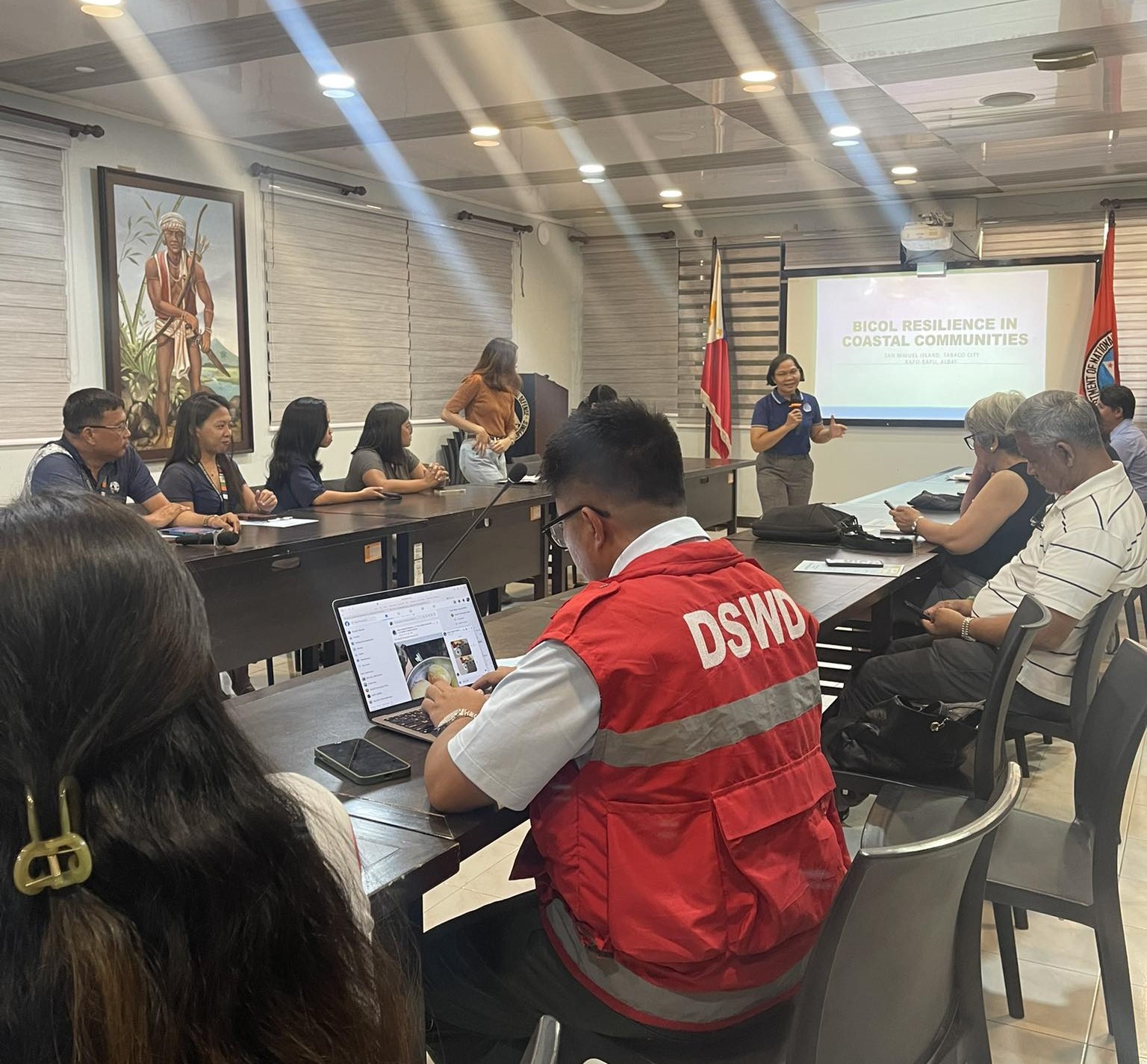
The Department of Social Welfare and Development Field Office 5 (DSWD FO 5) expressed support on the Bicol Resilience in Coastal Communities (BRICC) Project implementation during the Technical Advisory Group conference on May 15, 2024.
Being prone to strong typhoons due to its location within the typhoon belt in the Philippines, the region experiences the impacts of typhoons, including strong winds and heavy rainfall, which can lead to significant damage and disruption predominantly in the coastal areas.
In response, these initiatives aimed at enhancing the resilience of coastal communities in the Region. The goal of the project is to reduce vulnerability, improve disaster preparedness, and ensure sustainable development in these areas, ultimately leading to stronger, more resilient communities, this involves implementing programs and strategies that help these communities better prepare for and respond to natural disasters, such as typhoons, flooding, and other climate-related challenges.
The project also improves Local Government Units (LGUs) and community capacity to plan, prepare for, and respond to multiple hazards and climate related events in the Bicol region. It provides training, builds critical technical capacities, and supports improved community engagement and mobilization for enhanced household level resilience and preparedness.
This project is a collaborative effort of various Bicol Regional Agencies and Non-government organizations, including the Diocese of Legazpi-Social Action Center, Catholic Relief Services, Albay PDRRMO, BFAR 5, PENRO Albay, Bicol University, DOST-PAGASA, OCD 5, DILG 5, and DSWD FO V.
As the lead of the Disaster Response Cluster, the DSWD is mandated to ensure the provision of emergency support services and public assistance during or immediately after a disaster to save lives, reduce health impacts, ensure public safety, and meet the basic subsistence needs of the affected population.
Furthermore, the Department actively promotes disaster resiliency to the public, emphasizing the importance of preparedness, education, and community involvement to mitigate the impacts of future disasters.
The Department’s understanding of community dynamics and social services ensures that BRICC’s initiatives are inclusive and successful in reaching its target communities. By integrating disaster resiliency efforts with its emergency response mandate, the Department not only addresses immediate needs but also fosters long-term resilience and recovery.###
